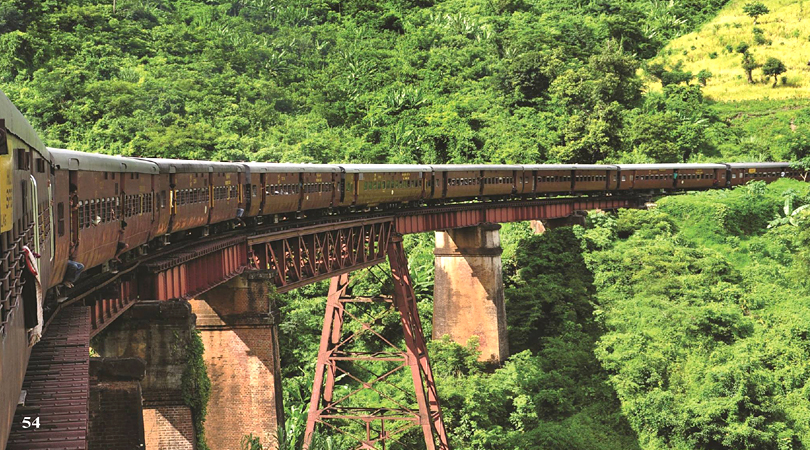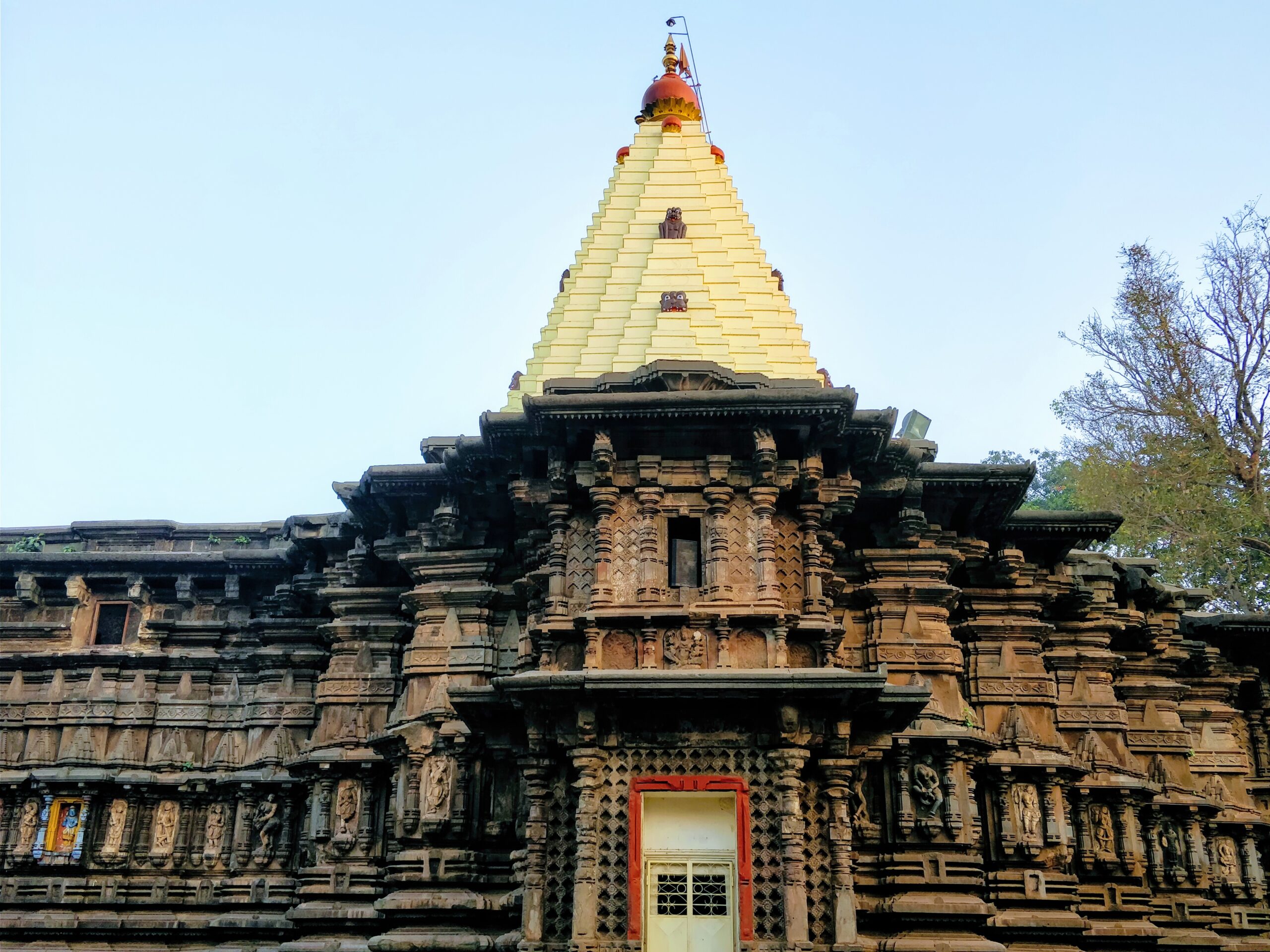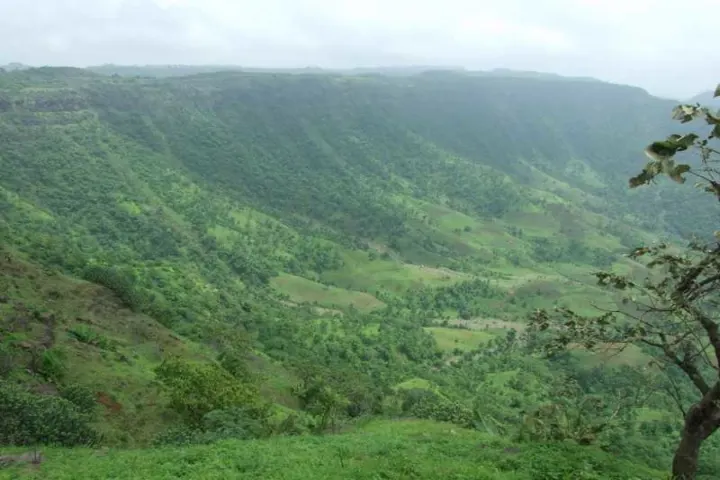Mandi
Himachal Pradesh
A City of Cotton, Culture, and Community Care
Nestled in the lap of the Himalayas, Mandi is a district known for its spiritual heritage, ancient temples, and breathtaking landscapes. Often referred to as “Chhoti Kashi” due to its many shrines dedicated to Lord Shiva, Mandi lies on the banks of the Beas River and is an important gateway to the Kullu and Lahaul-Spiti valleys. While Mandi is steeped in tradition and natural beauty, it also faces distinct healthcare challenges — especially in its remote and mountainous rural areas, where access to specialized care is limited.
Among the most pressing yet often overlooked health concerns in this region is the growing burden of spinal disorders, particularly among people engaged in physically intensive work.
In Mandi’s rural and tribal villages, a large part of the population depends on agriculture, animal husbandry, and forest-related work. The hilly terrain means that most of this labor is done on steep slopes, often involving heavy lifting, repetitive bending, and carrying loads over long distances. Over time, such physically demanding routines contribute to a wide range of spinal problems including chronic lower back pain, disc-related disorders, and early degenerative spinal changes.
These issues are further compounded by low awareness, delayed medical attention, and lack of local spine care specialists. Many patients endure pain silently for years, relying on home remedies or local healers. Only when the pain becomes debilitating do they attempt to access urban healthcare centers, which are often hours away and financially out of reach for many.


In response to these challenges, The Spine Foundation extended its rural outreach to Mandi district as part of its broader mission to deliver spine care in India’s underserved and remote regions. Working in collaboration with local government health departments and regional medical teams, the Foundation initiated community spine care camps and screening programs.
These camps aimed to provide essential services such as clinical evaluations, basic physiotherapy advice, and patient education — especially in areas where no regular specialist care was available. Villagers from surrounding blocks attended these camps, seeking help for long-standing spine and back-related issues. The camps offered many patients their first opportunity to consult trained professionals in spinal health.
One of the core objectives of The Spine Foundation’s presence in Mandi has been to spread awareness about spine care and equip communities with knowledge to manage and prevent spinal disorders. In every outreach effort, the Foundation has emphasized:
Correct techniques for lifting and carrying loads
Maintaining posture during daily chores and fieldwork
Simple stretching and strengthening exercises
Early symptoms of spine-related issues and when to seek help
The work done in Mandi reflects The Spine Foundation’s broader commitment to community-driven, sustainable healthcare models. Instead of just episodic treatment, the Foundation aims to build local capacity and instill preventive practices that reduce long-term spinal disabilities.
While the outreach is ongoing, the initiative in Mandi has already led to improved awareness, early diagnosis, and better community engagement in spine-related healthcare. The Foundation continues to expand its impact by reaching more remote blocks and deepening its training of local health workers.
Join Us in Making a Difference
At The Spine Foundation, every patient we treat, represents a victory—not only over illness, but over neglect, poverty, and despair. If you believe in equitable healthcare and want to be part of a movement that brings advanced medical care to the most forgotten corners of our country, we invite you to: partner with us, donate generously, share our story.
Together, we can ensure that no spine is left unsupported, no pain goes unheard, and no community is left behind.

















 Silchar (Assam) : 13 FEB - 15 FEB 2026
Silchar (Assam) : 13 FEB - 15 FEB 2026
 Kolhapur (Maharashtra) : 20 FEB - 22 FEB 2026
Kolhapur (Maharashtra) : 20 FEB - 22 FEB 2026
 Dharampur (Gujarat) : 21 FEB - 22 FEB 2026
Dharampur (Gujarat) : 21 FEB - 22 FEB 2026
 Nandurbar (Maharashtra) : 27 FEB - 01 MAR 2026
Nandurbar (Maharashtra) : 27 FEB - 01 MAR 2026
